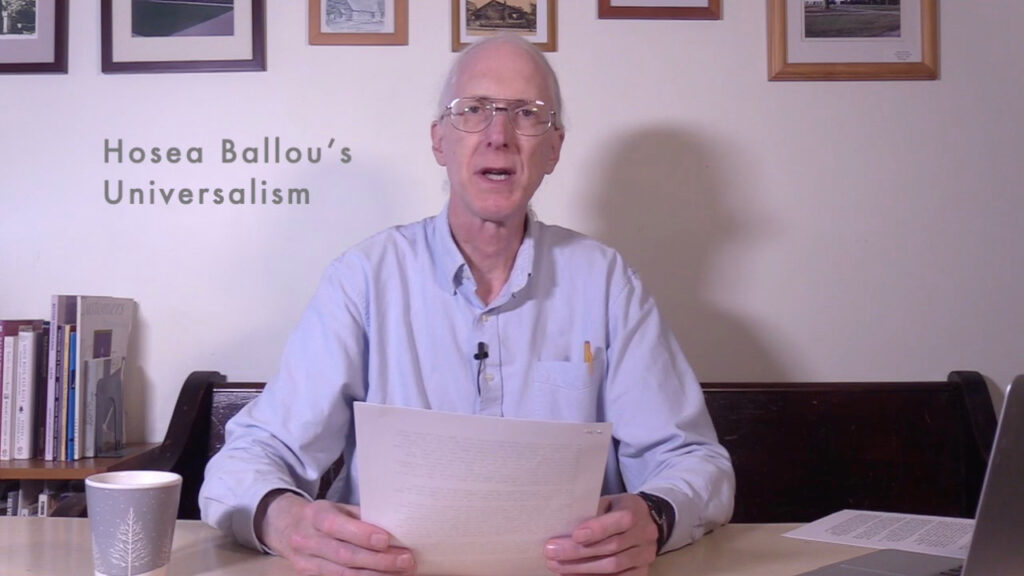(Be forewarned: this is a blog post about theology. Some of us enjoy theology, but if you don’t, this will not be fun for you.)
Mark Morrison-Reed, in his lecture “The Black Hole in the White Psyche” (online here, and in the fall, 2017 issue of UU World magazine), asserts that Unitarianism appealed to members of the African American intellectual elite through the late nineteenth and twentieth century, citing the Unitarian affiliations of people like Frances Ellen Watkins Harper and Whitney Young. Universalist theology, on the other hand, did not appeal to African Americans:
“Universalism … was difficult for African Americans to embrace. A loving God who saves all is, for most African Americans, a theological non sequitur. Why? In an article entitled ‘In the Shadow of Charleston,’ Reggie Williams writes about a young black Christian who said, during a prayer group following the murder of nine people at Emanuel AME Church in 2015, ‘that if he were to also acknowledge the historical impact of race on his potential to live a safe and productive life in America, he would be forced to wrestle with the veracity of the existence of a just and loving God who has made him black in America.’ This is the question of theodicy: How do we reconcile God’s goodness with the existence of evil? In the context of Charleston, the context of Jim Crow, the context of slavery, what is the meaning of black suffering? Why has such calamity been directed at African Americans? If God is just and loving there must be a reason. If there is no reason, one is led to the conclusion that God is neither just nor loving.”
What Mark says is clearly true. Yet there were a tiny handful of African American Universalists during the nineteenth and twentieth centuries. What drew them to Universalism? Continue reading “Saving Universalist theology”

